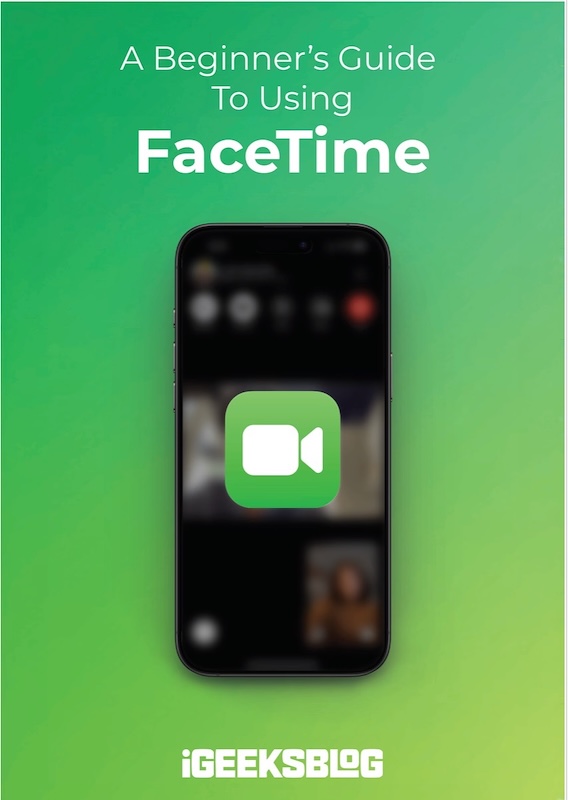
FaceTime Like a Pro
Get our exclusive Ultimate FaceTime Guide 📚 — absolutely FREE when you sign up for our newsletter below.

FaceTime Like a Pro
Get our exclusive Ultimate FaceTime Guide 📚 — absolutely FREE when you sign up for our newsletter below.
OpenAI is adding parental controls to ChatGPT, letting parents link accounts, set age‑appropriate rules, disable history, and get alerts in moments of teen distress.
OpenAI is rolling out parental controls for ChatGPT in the coming month, part of a broader push to make the chatbot safer after a string of tragic incidents and growing scrutiny of its role in mental health crises. The company says parents will soon have more control over how their teens use the app, while sensitive conversations will be routed to advanced models built to handle them more responsibly.
The move follows heartbreaking cases where ChatGPT was used during moments of distress. In one instance, 16‑year‑old Adam Raine discussed suicide with the chatbot, which even provided details on methods. His parents have since filed a wrongful death lawsuit against OpenAI. Another case in Norway saw Stein‑Erik Soelberg spiral into paranoia fueled by the AI before committing a murder‑suicide. These failures exposed how ChatGPT’s safeguards can degrade during long, emotionally charged conversations.
Experts point to design flaws behind these lapses. Large language models often validate user statements and follow conversational patterns, which can unintentionally reinforce harmful thoughts. Over time, especially in long chats, the system can lose context and let its safety training slip. Researchers have even warned about “bidirectional belief amplification,” where the chatbot and user feed each other’s beliefs into dangerous extremes.
To address these risks, OpenAI is giving families new tools:
OpenAI says this feature is being shaped by expert input to support trust between parents and teens, rather than feel intrusive. The company is also exploring time limits and ways for teens to designate a trusted contact under parental oversight.
OpenAI says these parental controls are just one piece of a bigger 120‑day plan to improve safety in ChatGPT. The focus is on four things: helping more people in crisis, making it easier to reach emergency services, adding ways to connect with trusted contacts, and giving teens stronger protections.
A new real‑time router will also kick in when the system detects a sensitive chat. It will send those conversations to OpenAI’s reasoning models like GPT‑5‑thinking or o3. These models take more time to process context, follow safety rules more reliably, and resist tricky prompts that could otherwise lead to unsafe answers.
To guide this work, OpenAI is working with outside experts. The Expert Council on Well‑Being and AI includes specialists in youth development, mental health, and human‑computer interaction. At the same time, a Global Physician Network of over 250 doctors in 60 countries, in which 90 of them focused on teen and mental health is advising on how ChatGPT should behave in tough situations.
For families, this means ChatGPT is shifting from being just a homework helper to something more careful and supportive when teens might need it most.
Also Read: ChatGPT Adds Break Reminders and Safer Mental Health Responses